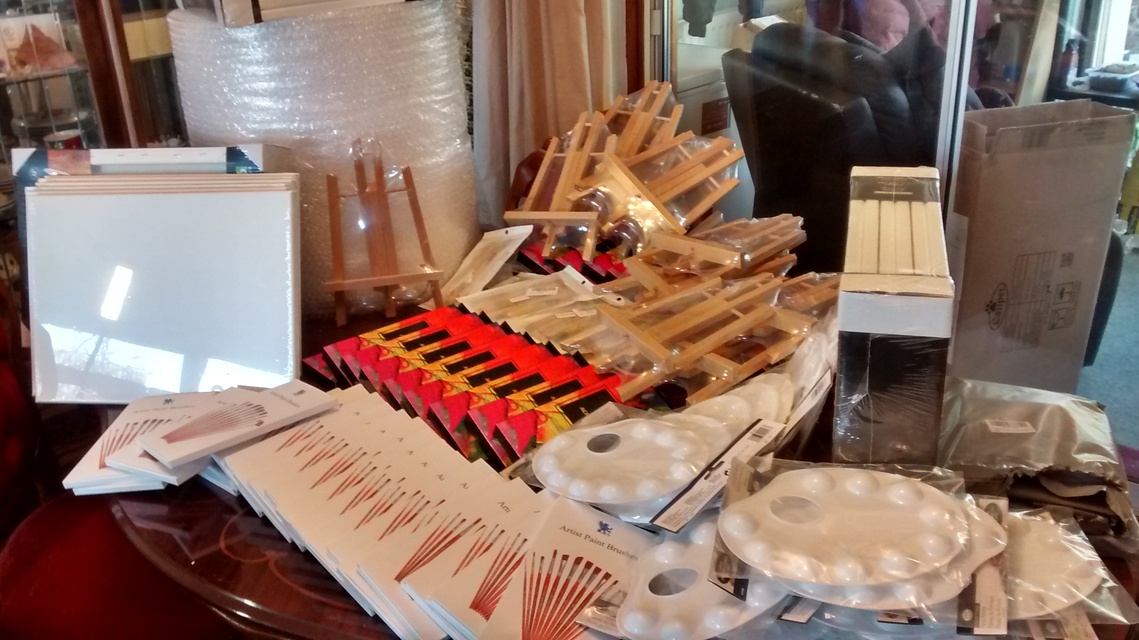We have very strict policies about to diversity and inclusion, and we also have a vast interest in working with BAME groups.
Our groups include people from diverse backgrounds, experiences and family heritage, and we are always learning new things about different cultures and ways of life.
Today we know that these minorities are still going through discrimination and exclusion, so we will keep working to decrease these situations and create projects that are inclusive.
We worked on a project related to identity and culture, where people expressed their feelings, fears, exclusion, racism and discrimination by painting or sculpting.
These were expressions motivated by social influence or Covid-19, but they carry a message and a vision.
We met each week online, on Zoom, to learn about their situation, how it is developing, what are the issues and how can we work together to sublimate those feelings that hurt.
This was a project supported by the Lottery Fund, Global Children Fund and Phoenix Fund, which has allowed us to do a research on minorities in County Durham and create a wellbeing project, completely free, where we send our minority groups packages with painting and sculpture materials.
We celebrated working together, using art and supporting each other, to celebrate culture and identity from minorities and to fight isolation and loneliness in adults.
And we are very glad to have had such wonderful people with us!
The project included: participants receiving a set of materials for painting or sculpture at home, safely, Zoom group meetings every week, where we talked about several matters, show the progression of the artwork, discuss different approaches and what obstacles we faced.
We wanted to show that different people, from different cultures, and with different identities, are also lonely and isolated, but can get together and produce something wonderful!

